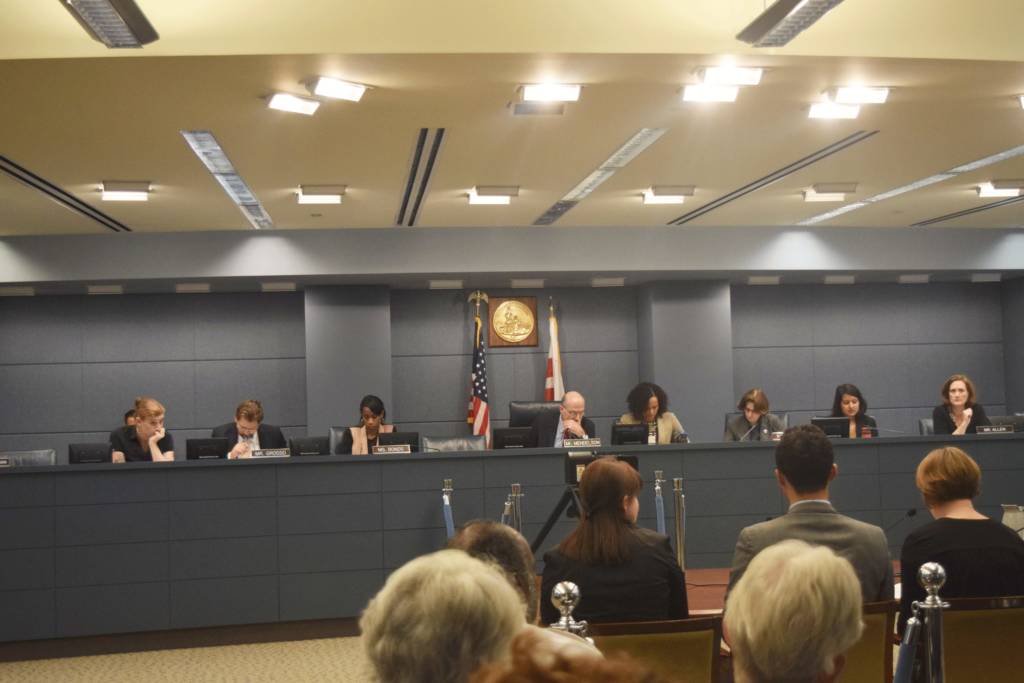On Oct. 13, the D.C. Council’s Committee of the Whole hosted a public hearing to discuss steps to be taken as families are moved from D.C. General homeless shelter to newer, smaller facilities. Legislation was proposed that would authorize Mayor Bowser to provide shelter for homeless families in private rooms.
The bill also would authorize the Mayor to provide families with temporary emergency shelter while they await full assessment of their eligibility for housing. In addition, the bill would create an expedited appeals process for families that were denied shelter after a failed placement.
Instead being placed in apartment-style accommodations, families would be placed in private rooms with shared bathrooms. The closing of D.C. General homeless shelter is one of the priorities of advocates for the homeless community, but at the hearing, many argued that having families share bathrooms was not an acceptable solution.
According to Tomaso Johnson, a policy attorney at the D.C. Coalition Against Domestic Violence, living in close proximity to strangers might traumatize families who have experienced domestic and sexual violence.
“The sharing of intimate spaces such as bathrooms may be particularly triggering for them,” Johnson said.
Amber Harding, an attorney with the Washington Legal Clinic for the Homeless, presented the committee with examples of disability lawsuits that families presented concerning shared bathrooms.
“One mom with a disability lost her bowels in the walk from her room to the bathroom on a nearly daily basis and had to rely on her teenage daughter to help clean her up,” Harding said. “Even that humiliating task had to be done in shared spaces.
Shared spaces also lead to an increase in conflict and in outbreaks of diseases and parasites. These living situations can re-traumatize children, causing sleep deprivation and social withdrawal, according to Harding.
“I’m also here to urge the council to ensure that each family shelter is safe and can accommodate families who have disabilities that require a more private space,” said Kate Coventry, policy analyst of D.C. Fiscal Policy Institute and voting member of the D.C. Interagency Council on Homelessness.
While agreeing that shared bathrooms are not ideal, many argued that the cost of requiring private bathrooms would limit the number of families that could be taken off the streets.
Chairman Phil Mendelson introduced the bill, titled Advancing Year Round Access to Shelter Policy and Prevention of Homelessness Amendment Act of 2015, at the request of Mayor Muriel Bowser on September 22. The bill is still under council review.








